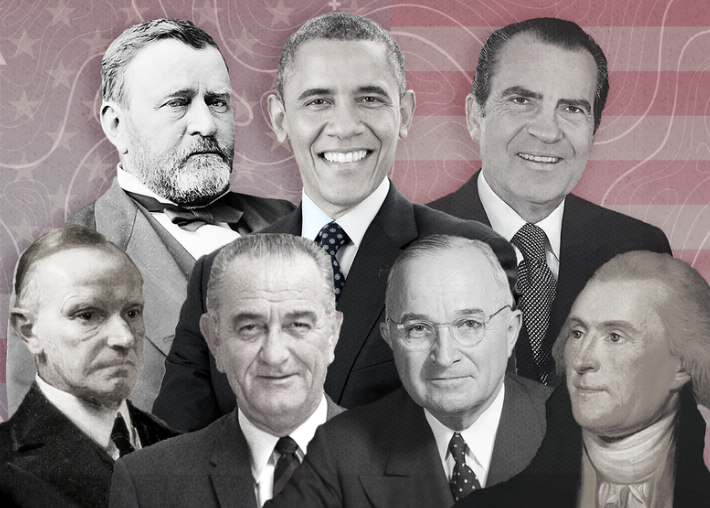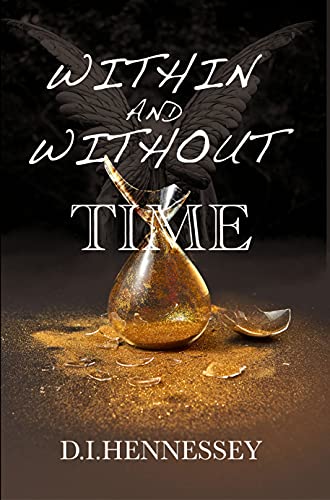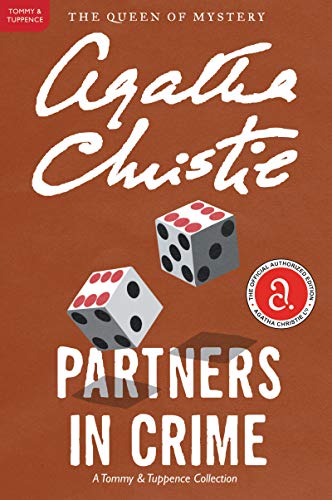From Smithsonian Magazine: Barack Obama’s new autobiography, A Promised Land, joins a long—but sometimes dull—tradition… Support our news coverage by subscribing to our Kindle Nation Daily Digest. Joining is free right now!

Next week, the first volume of Barack Obama’s presidential memoirs, A Promised Land, hits bookstores. Will it be any good? For Rutgers University historian David Greenberg, the answer depends on which writing mode the former president, who’s already written two earlier memoirs, chooses.
“His first memoir, written before he was really on the political scene, was a genuine book, a genuine memoir,” says Greenberg, who is currently writing a biography of Rep. John Lewis.
Reviewers at the time generally praised Obama’s 1995 book, Dreams From My Father, for its literary merit. In 2006, as the then-senator prepared to run for president, he wrote another book, The Audacity of Hope: Thoughts on Reclaiming the American Dream.
“The thing about Audacity of Hope is it’s really a lousy book,” Greenberg says. “It’s a standard campaign book. We see these all the time.”
Like texts written largely to propel candidates’ campaigns forward, memoirs—albeit of varying focus and quality—are now a standard part of presidential careers. But scholars who study the presidency say that’s a fairly new historical development.
Historian Craig Fehrman, author of the recent book Author in Chief: The Untold Story of Our Presidents and the Books They Wrote, says that in the United States’ early years, former presidents would never have considered publishing autobiographical books in their own lifetimes.
“It would be seen as arrogant and vain,” he explains.
According to Fehrman, four of the nation’s first five presidents at least tried to write books, with the understanding that these manuscripts would only be published after their authors’ deaths. The best-known resulting work was a four-volume compilation of Thomas Jefferson’s writings, including a memoir, letters and other assorted musings. In addition to helping cement Jefferson’s legacy, the publication improved his family’s financial situation, enabling them to recover from significant debt.
Read full post on https://www.smithsonianmag.com/













